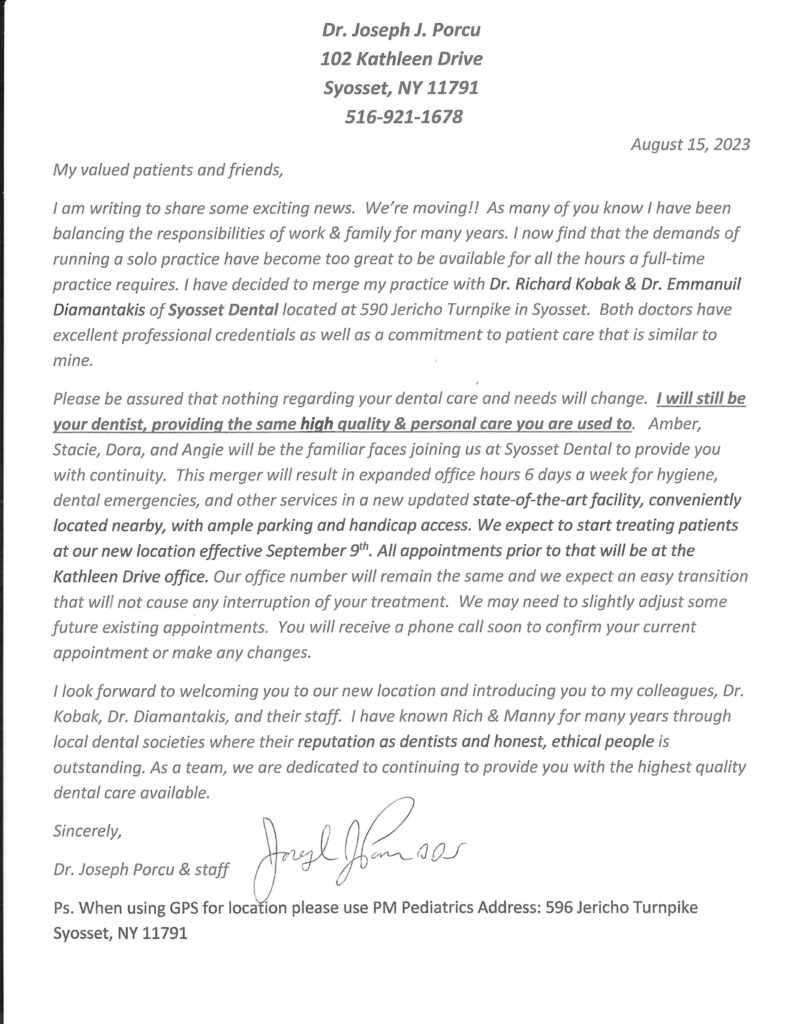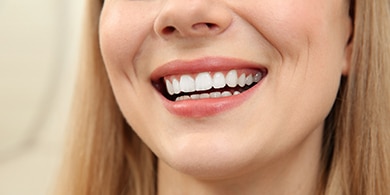 There are many factors in today’s world that pose dangers to teeth that our forefather’s may never have guessed. For instance, for quite some time, tobacco was not thought to have any negative health effects at all, and yet as common as it is today, the bad habit is a leading cause of one of the most dangerous oral health issues in existence—oral cancer. Another dental danger posed by technology, and one that you may not have ever realized, is the altitude changes that occur when you are flying, diving, hiking, or otherwise endeavoring to travel at extremely high or low altitudes. Syosset dentist Dr. Richard Kobak explains the condition that could negatively affect your previous dental work, as well as lead to severe oral health complications.
There are many factors in today’s world that pose dangers to teeth that our forefather’s may never have guessed. For instance, for quite some time, tobacco was not thought to have any negative health effects at all, and yet as common as it is today, the bad habit is a leading cause of one of the most dangerous oral health issues in existence—oral cancer. Another dental danger posed by technology, and one that you may not have ever realized, is the altitude changes that occur when you are flying, diving, hiking, or otherwise endeavoring to travel at extremely high or low altitudes. Syosset dentist Dr. Richard Kobak explains the condition that could negatively affect your previous dental work, as well as lead to severe oral health complications.
Altitude and Your Teeth
Most people who have travelled by plane or braved the depths of the sea can attest to the changes that afflict their ears and sinuses during sudden altitude changes. Although not very well known, your teeth are affected in much the same way, and many pilots agree that ascending and descending often leads to extreme tooth discomfort. Altitude-induced tooth discomfort is called barodontalgia, and can often be severe enough as to pose a flight safety risk for some pilots. The condition occurs when rapid changes in barometric pressure cause pockets of gas to form in deep tooth crevices, mainly around areas of infection, inflammation, or previous dental work such as fillings. Unfortunately, teeth are not flexible and cannot expand along with the gas bubble, which can lead to excruciating discomfort as the pressure builds within your tooth.
Protect Your Teeth with Good Oral Health
To date, there is no treatment for barodontalgia, other than to avoid altitude changes. In today’s world, however, that may not always be possible. You can, however, significantly reduce the risk of your teeth being afflicted by your plane trip by taking good care of your teeth, practicing excellent oral health techniques, and helping to prevent the need for dental work to restore your smile. If you’ve recently received dental work, you may want to avoid or postpone any pending flights until the inflammation has subsided. To learn more about excellent oral health care, or to learn how to protect your teeth for an upcoming flight, schedule an appointment with Dr. Kobak by calling our Syosset dental office at (516) 433-2211. We welcome patients from Long Island, Nassau, Suffolk, and the surrounding New York City neighborhoods.











